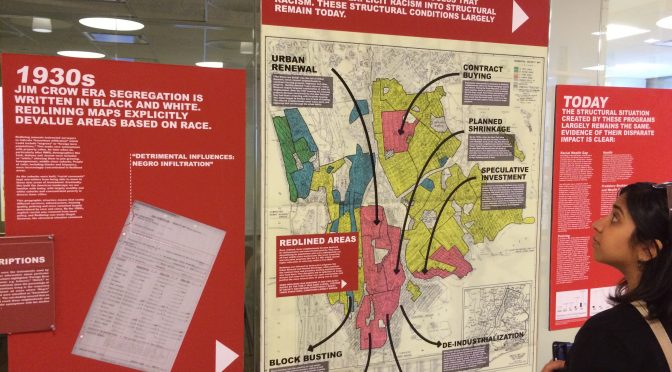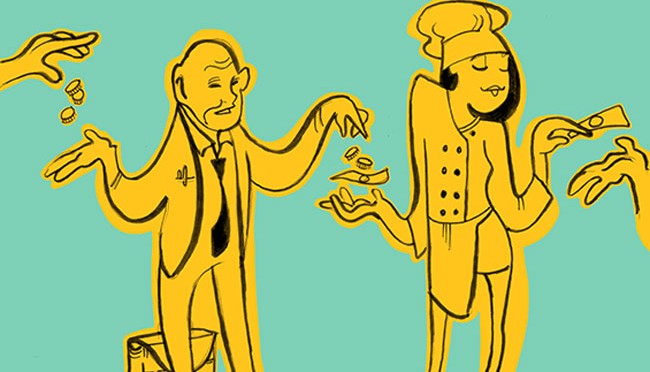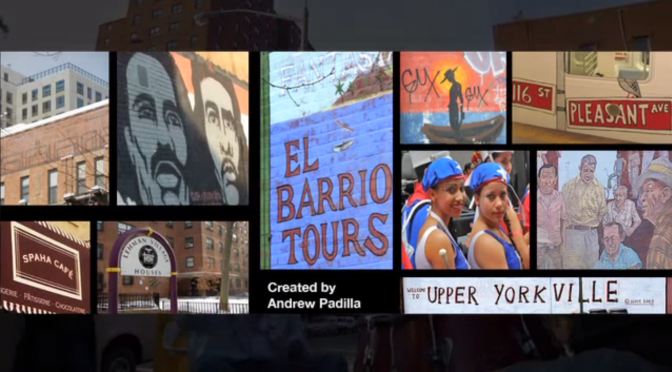In recent years, “gentrification” has infiltrated the everyday speech of urban residents struggling to stay in their communities in the face of rising rents. But gentrification is only one piece of a much longer history of displacement and policy-produced poverty in American cities. This history runs from slavery through Jim Crow, redlining, racial covenants, blockbusting, urban renewal, capital flights, planned shrinkage, the war on drugs, mass incarceration and serial displacement, and weaves a painful narrative of structural racism whose practices and consequences remain alive today.
In “Undesign the Redline,” designing the WE — a “social impact design studio” — illustrates this history in illuminating and sometimes painful detail. Currently on exhibit at the New York City offices of Enterprise Community Partners, this exhibit includes photography, maps, timelines and tools for community engagement, and puts present struggles for racial equality in historical perspective. Using housing policy as an anchor, Undesign the Redline makes it clear that segregation and persistent poverty are the natural outgrowth of a system that has explicitly divided people based on race. Continue reading Undesigning the Redline






